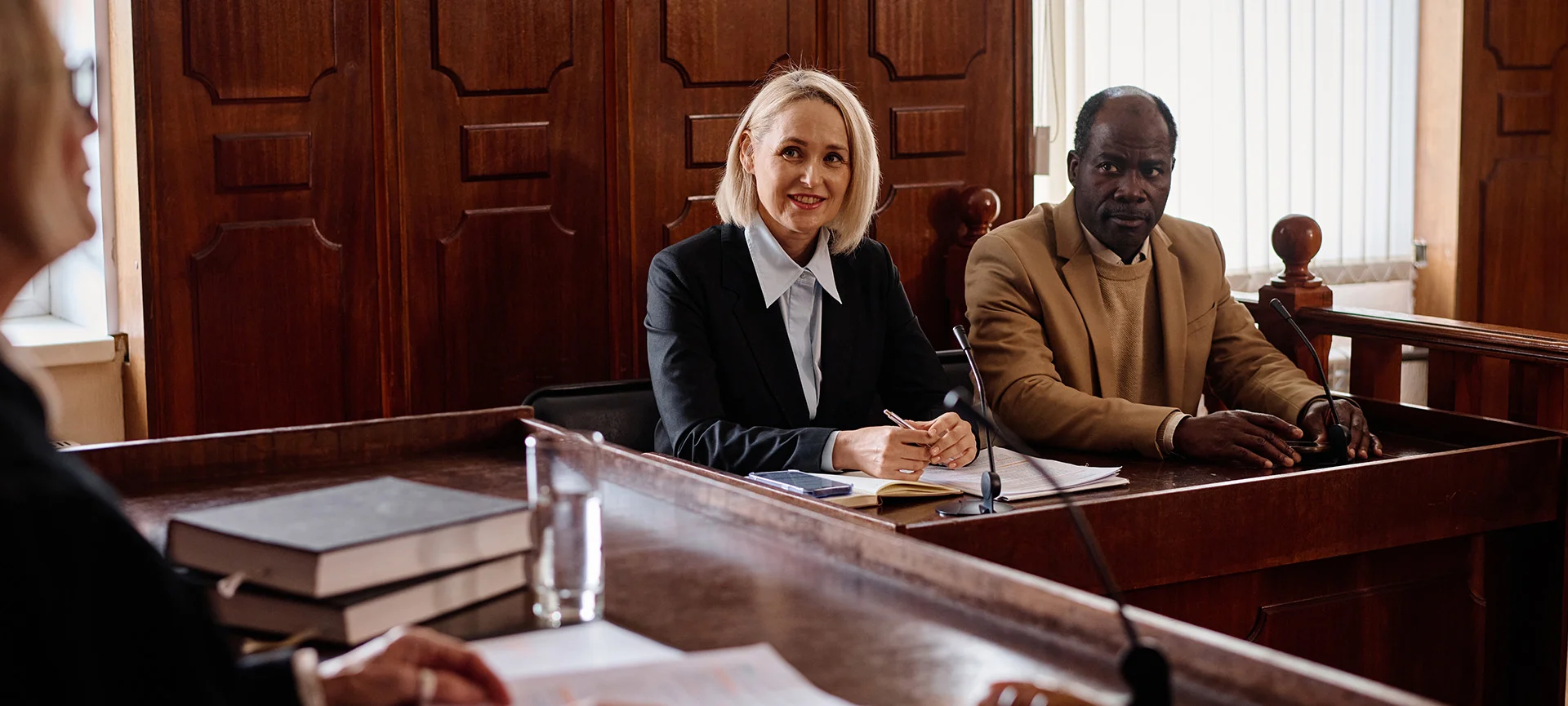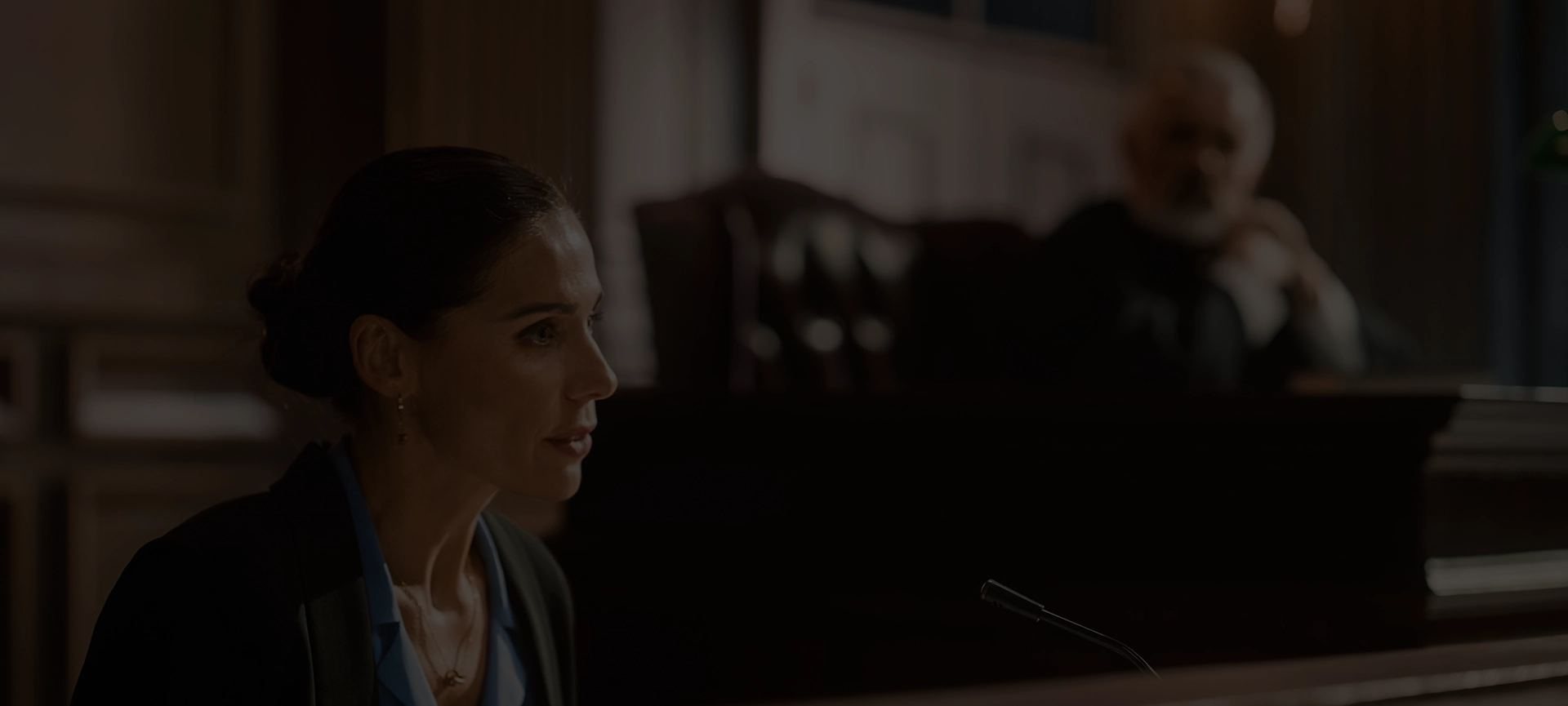By Howard Krongold, Partner at AGP LLP
With over 20 years of experience in criminal appeals, I practise exclusively in criminal defence and appellate advocacy. I have argued over 150 appeals, including presenting arguments in seven cases before the Supreme Court of Canada. I am also regularly appointed as amicus curiae (friend of the court) in the Federal Court of Canada.
I was named Best Lawyers® Lawyer of the Year for Criminal Defence in Ottawa (2025), and I am the only lawyer in Ottawa recognized by Best Lawyers® in both criminal defence and appellate practice. I am also the only Ottawa criminal lawyer inducted as a Fellow of the prestigious Litigation Counsel of America. Clients turn to me for my experience, judgment, and dedication to ensuring fairness in the appellate process.
Frequently Asked Questions
- How do I appeal a criminal conviction in Ontario?
To start an appeal, you must file a Notice of Appeal within the court’s deadline. Appeals are not new trials—they are reviews of legal errors that may have affected the outcome. With over 150 appeals argued, including seven before the Supreme Court of Canada, I guide clients through every step of the process, from identifying trial errors to drafting persuasive arguments.
- What is the deadline to file a criminal appeal in Ottawa?
Most appeals must be filed within 30 days of sentencing. Missing the deadline requires special permission from the court, which is not guaranteed. Because timing is critical, I always emphasize the importance of seeking advice immediately.
- Can I appeal both my conviction and my sentence?
Yes. You may appeal just your conviction, just your sentence, or both. A conviction appeal challenges the finding of guilt, while a sentence appeal argues the punishment was too harsh or legally wrong. With experience in both trial-level defence and appellate advocacy, I can assess the best strategy for your case.
- Do I have an automatic right to appeal my guilty verdict or sentence?
Yes, for a first conviction appeal. In Canada, you have the right to bring a first appeal from a conviction without obtaining permission from the court. For a sentence appeal, you technically must seek leave (permission) to appeal, but in Ontario, these appeals are almost always allowed to proceed without further steps.
If you lose your appeal and wish to go to a higher court, such as the Supreme Court of Canada, you will usually need leave to appeal. There are exceptions where a second appeal is available as of right. Because these rules can be complex, I quickly determine whether leave is required and, when needed, prepare the strongest possible application.
- What are the chances of winning a criminal appeal in Ontario?
Appeals are difficult to win, but they can succeed where legal or procedural errors occurred. Courts generally defer to trial judges, so having a lawyer who focuses on appeals is critical. As the only Ottawa lawyer recognized by Best Lawyers® in both criminal defence and appeals, I provide a realistic, informed assessment of your prospects.
- Will I have to serve my sentence while waiting for my appeal?
Not necessarily. If you are serving a sentence while your appeal is underway, you may apply for bail pending appeal. The court considers factors such as whether your appeal raises serious issues, whether you will surrender yourself if the appeal fails, and whether your release would pose a risk to the public. I regularly bring these applications and have secured bail for clients awaiting the outcome of their appeals.
- How long does the criminal appeal process take?
A criminal appeal can take several months to over a year, depending on transcripts, the complexity of the issues, and the court’s schedule. I keep clients informed throughout and ensure each step is handled with care and precision.
- What happens if my appeal is successful?
If you win your appeal, the court may order a new trial, set aside your conviction, or reduce your sentence. In some cases, you may be released immediately. My role is to present trial errors clearly and persuasively to maximize the chances of a favourable outcome.
- Do I need a lawyer who specializes in criminal appeals?
Yes. Appeals require a different skill set than trials: identifying errors in transcripts, building written arguments, and persuading appellate judges. With over 20 years of appellate experience and more than 150 appeals argued, including seven before the Supreme Court of Canada, I bring proven expertise and trusted judgment to every appeal. My work has also been recognized by Best Lawyers®, which named me Ottawa’s Criminal Defence Lawyer of the Year (2025), and by my induction as a Fellow of the Litigation Counsel of America.
👉 For more information or to discuss your case, contact Howard Krongold at AGP LLP.





